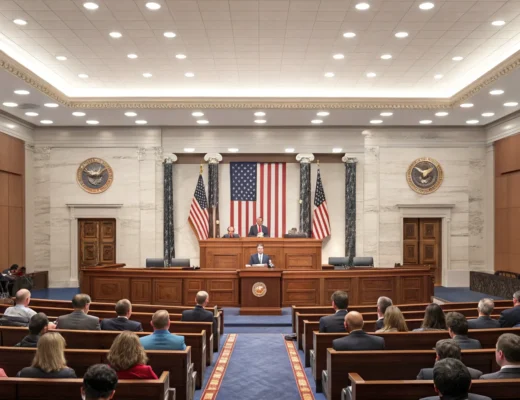
The Bank of Japan’s recent decision to gradually raise interest rates based on economic data is seen as a positive development for the country, according to Pierre-Olivier Gourinchas, the Chief Economist at the International Monetary Fund (IMF). Gourinchas made these remarks at the Jackson Hole annual economic symposium on Friday. Reuters reports that inflation in Japan has exceeded the BOJ’s target of 2%, with expectations rising slightly above this benchmark.
Gourinchas noted that the BOJ’s movement towards normalizing its monetary policy is viewed favorably. “Certainly, it is something that we think is a good development for Japan,” he stated. When writing, the USD/JPY was trading 0.40% lower on the day, standing at 143.78.
The Japanese Yen (JPY) is influenced by several key factors, including the performance of Japan’s economy, the policies of the Bank of Japan, the yield differential between Japanese and US bonds, and overall risk sentiment among traders. As part of its mandate, the BOJ influences the value of the Yen. It has historically intervened in currency markets to manage the Yen’s value but typically avoids frequent intervention to prevent political friction with major trading partners.
Previous Post






